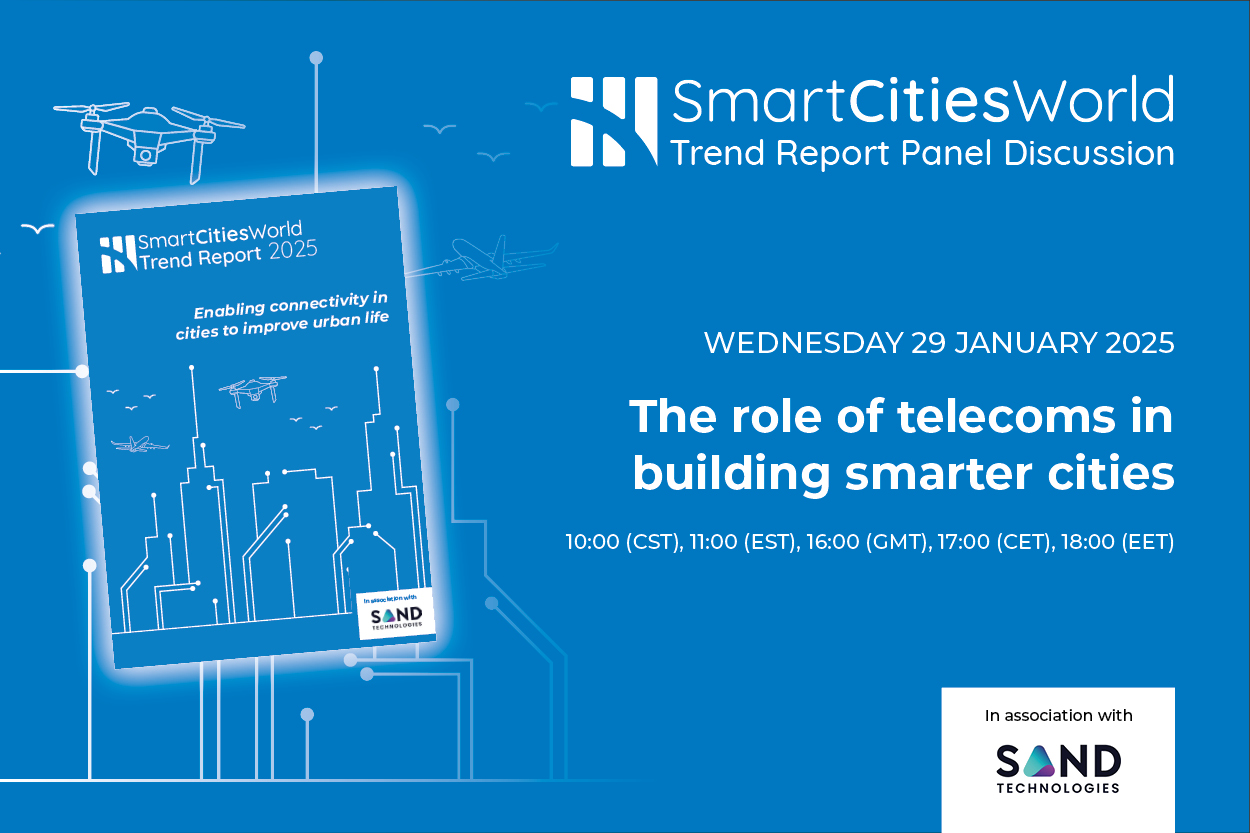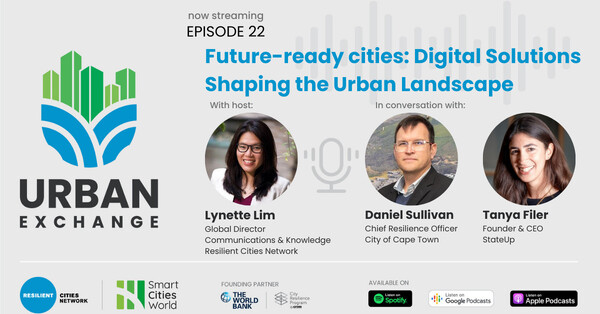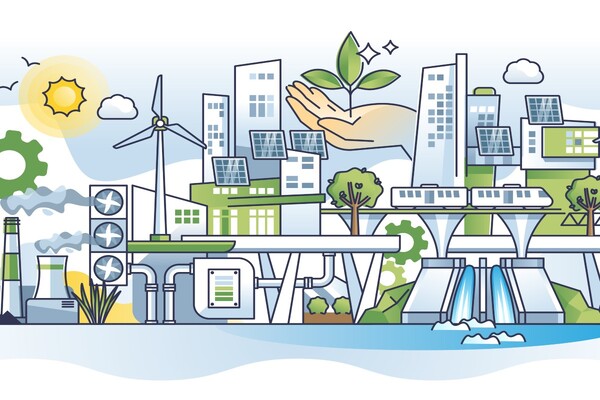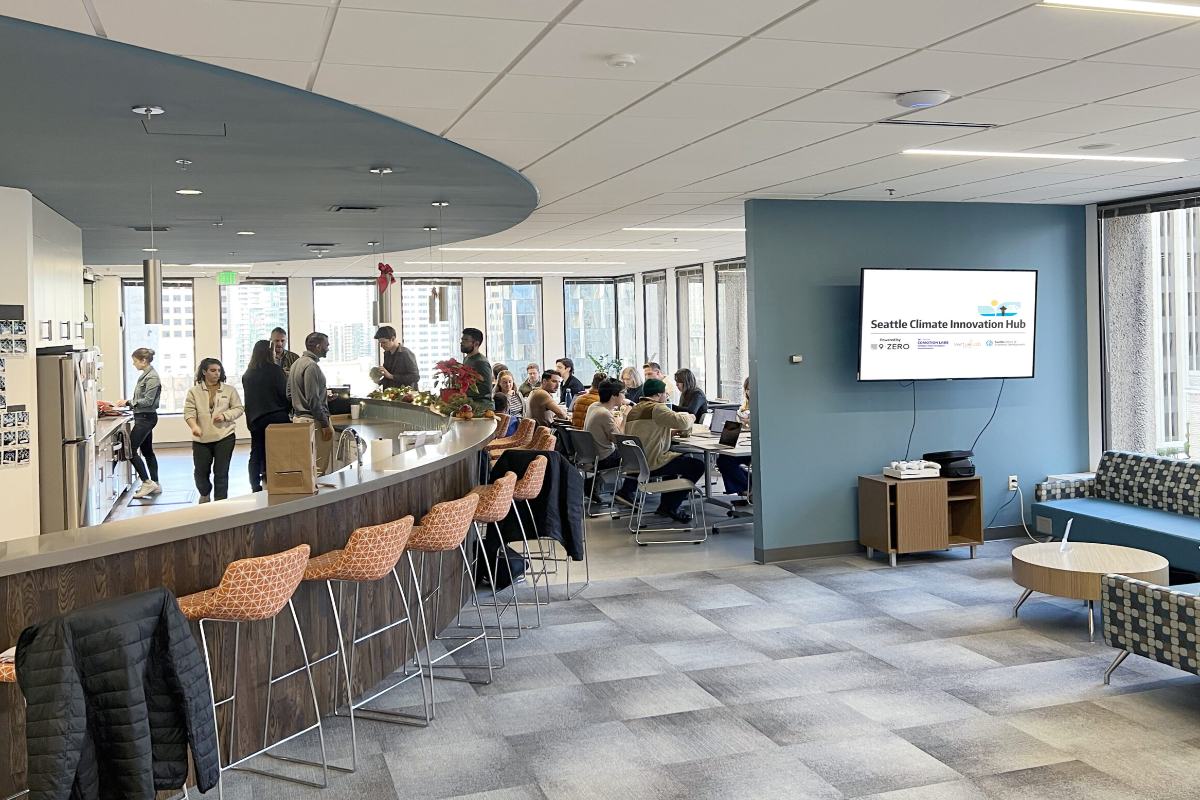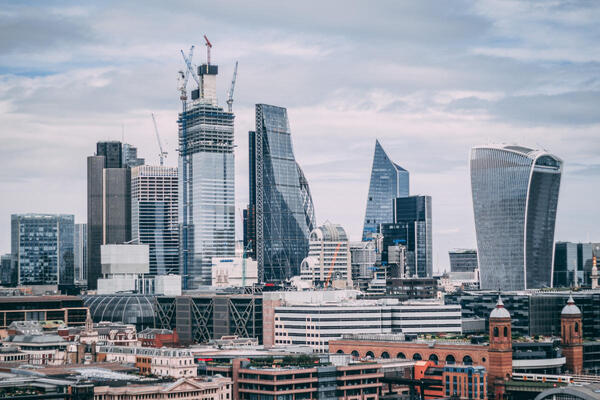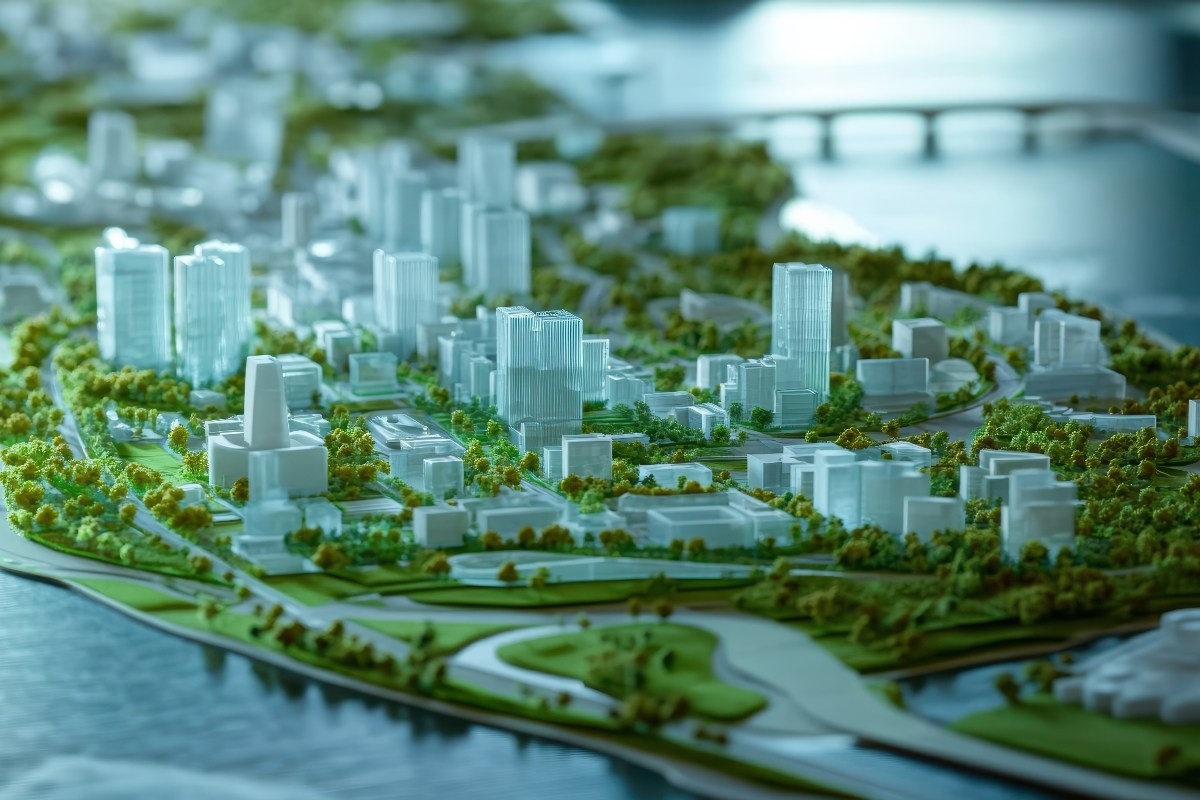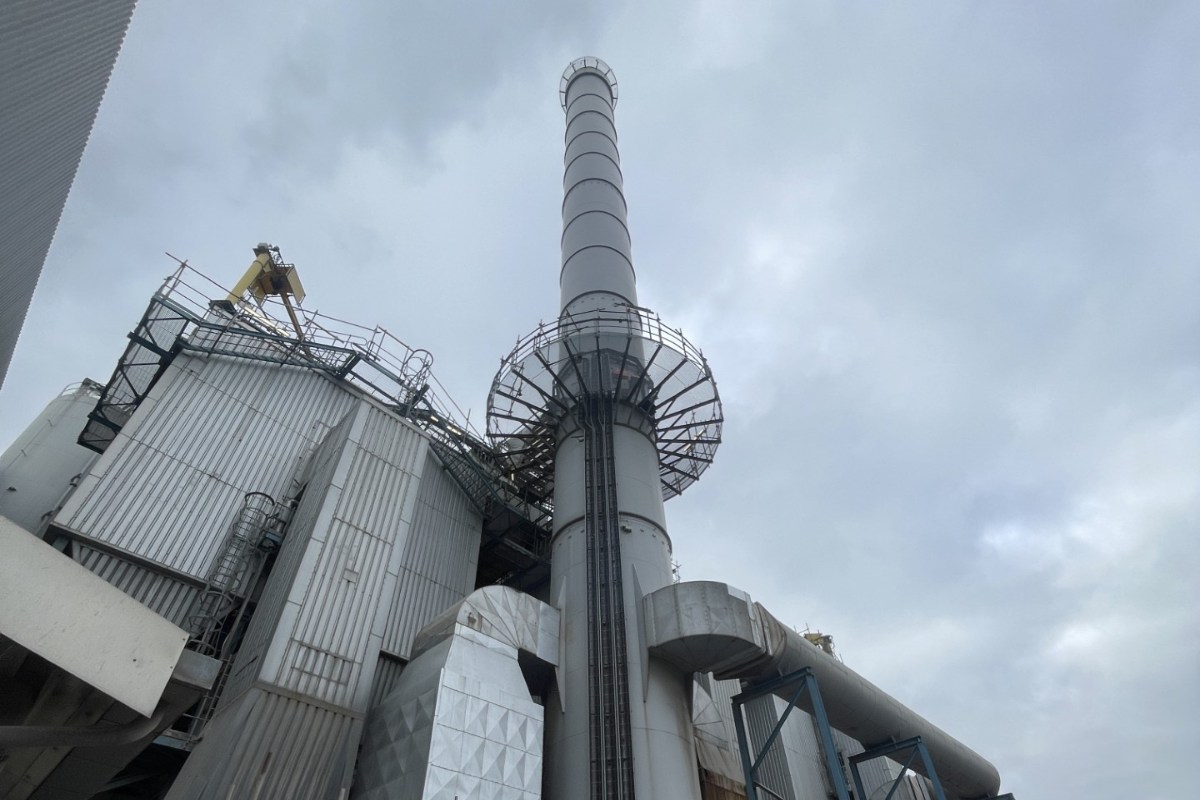Special Reports
SusHi Tech Tokyo 2024: experience ‘Tokyo 2050’ todaySponsored by The SusHi Tech Tokyo 2024 Showcase Program Executive Committee
A clean and efficient future: energy in focus at Cities Climate Action Summit 2024
Discover how this year’s Cities Climate Action Summit puts the spotlight on the switch to clean and renewable energy sources, the importance of energy-efficient technologies and practices, and the transformational potential of retrofitting existing buildings.

Renewable energy solutions will feature prominently in the discussions at Cities Climate Action 2024
Energy is both a major source of greenhouse gas emissions and a key area for cities to accelerate their progress towards net zero. The Cities Climate Action Summit 2024 (26-27 June) will focus on energy transition and efficiency as one of its main themes, providing an essential platform for policymakers, energy experts, urban planners, and stakeholders to discuss the crucial elements that will enable effective climate action at the city level.
Key to the discussions that will be held at the Summit is the need to switch to clean and renewable sources of energy. The energy transition involves moving away from fossil fuels and towards low-carbon alternatives such as solar, wind, and hydropower. The Summit will examine how cities and authorities can play a vital role in accelerating this switch by investing in renewable energy infrastructure, setting ambitious renewable energy goals, and implementing supportive policies and regulations. By using the potential of renewables, cities can reduce their dependence on fossil fuels, decrease greenhouse gas emissions, and improve energy security and resilience.
BE PART OF CITIES CLIMATE ACTION SUMMIT 2024
Do you have an urban climate action story to tell at this year’s Cities Climate Action Summit? Find out how you can become a partner by contacting Carlota Da Veiga Pestana, or request an event information pack here.
The Summit will also stress the significance of energy efficiency in sustainable urban development. Energy-efficient technologies, practices, and policies offer huge opportunities for cities to reduce energy use, lower operating costs, and minimise environmental impact. From energy-efficient buildings and appliances to smart lighting and heating systems, there are an increasing number of solutions to be explored during this year’s Summit to improve energy use and efficiency across different sectors within cities. Through a series of keynotes, case studies and panel discussions, we will look into how cities can achieve considerable emissions reductions while improving the comfort, health, and productivity of their communities.
Additionally, the Summit is set to examine the transformational potential of retrofitting existing buildings to enhance energy performance and cut carbon emissions. Retrofitting involves improving and renovating buildings with energy-efficient technologies and measures, such as insulation, efficient heating and cooling systems, and smart building controls. The Summit will bring expertise from cities and NGOs together, such as the Connected Places Catapult and 3Ci, to discover how retrofitting existing building stock, which consumes a large amount of urban energy, can see cities achieve significant energy savings and lower emissions, while creating healthier and more sustainable living environments. We will also be delving into the critical funding path required to achieve retrofitting at scale in today’s cities, asking where finance is coming from and how it can be accessed more readily in the near future.
Beside the switch to cleaner energy and the need for greater energy efficiency, the Summit is designed to highlight the importance of incorporating energy considerations into urban planning and development processes. Sustainable urban planning practices, such as compact and mixed-use development, transit-oriented design, and green infrastructure, can lower energy demand, increase resilience, and foster liveable and vibrant communities. We’ll be assessing how cities are integrating energy considerations into land use, transportation, and infrastructure decisions, and the way these measures can optimise resource use, minimise environmental impact, and create sustainable, inclusive, and resilient urban environments.
As the Cities Climate Action Summit brings together leaders and stakeholders from around the world, it emphasises the vital importance of energy in shaping the future of cities. By focusing on energy transition, energy efficiency, and retrofitting, cities can set a path towards a low-carbon, resilient, and sustainable urban future. As urban populations continue to grow and climate impacts worsen, the Summit serves as a call to action for cities to adopt clean energy solutions, improve energy efficiency, and include energy considerations in all aspects of urban planning and development. Through collective action and collaboration, cities can lead the way towards a brighter, more sustainable future for generations to come.
The full agenda for Cities Climate Action Summit 2024 is available now, and you can find out more by clicking the button below for a taste of what’s to come and to register your place.
Cities Climate Action Summit 2024
Latest City Profile
SmartCitiesWorld Newsletters (Daily/Weekly)
BECOME A MEMBER
